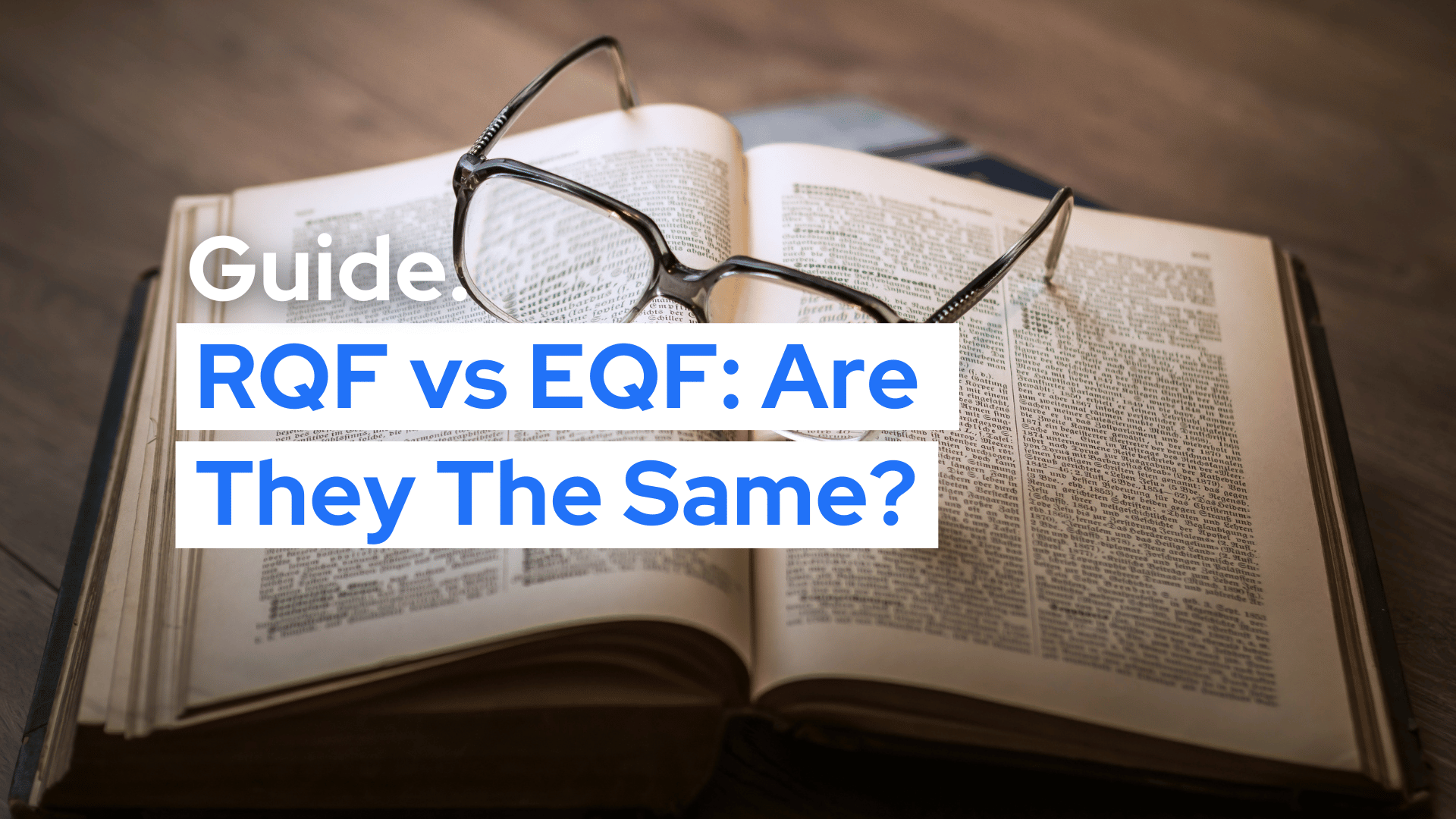
Understanding the differences between the Regulated Qualifications Framework (RQF) and the European Qualifications Framework (EQF) is essential for students and professionals navigating the educational landscape in Europe. This guide will answer common questions and explain how these frameworks relate to each other.
Relationship Between RQF and EQF While RQF and EQF serve similar purposes in classification and standardisation, they operate on different scales. The RQF is specific to the UK, detailing the national qualifications structure, whereas the EQF acts as a translation tool to make national qualifications understandable and comparable across Europe. The RQF levels have been referenced to the EQF to ensure that UK qualifications are recognised across Europe.
EQF Level 7 corresponds to advanced qualifications in the UK education system. Specifically, it is equivalent to the following:
EQF Level 6 aligns with undergraduate degree qualifications in the UK. These include:
Elephant & Cross offers a variety of business courses that align with both RQF and EQF standards, ensuring international recognition and quality education. Here are some of our top courses:
Benefits of Our Courses:
Understanding the differences between RQF and EQF levels helps you make informed decisions about your education and career. Whether you’re looking to start a new career or upgrade your skills, Elephant & Cross offers accredited courses that fit your needs and lifestyle.
For more information on our courses, visit Elephant & Cross Courses. Still have unanswered questions? Speak to an advisor today: Contact Us.